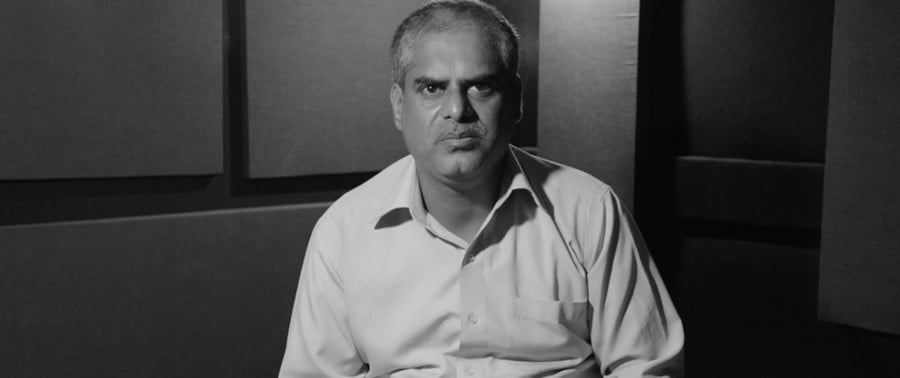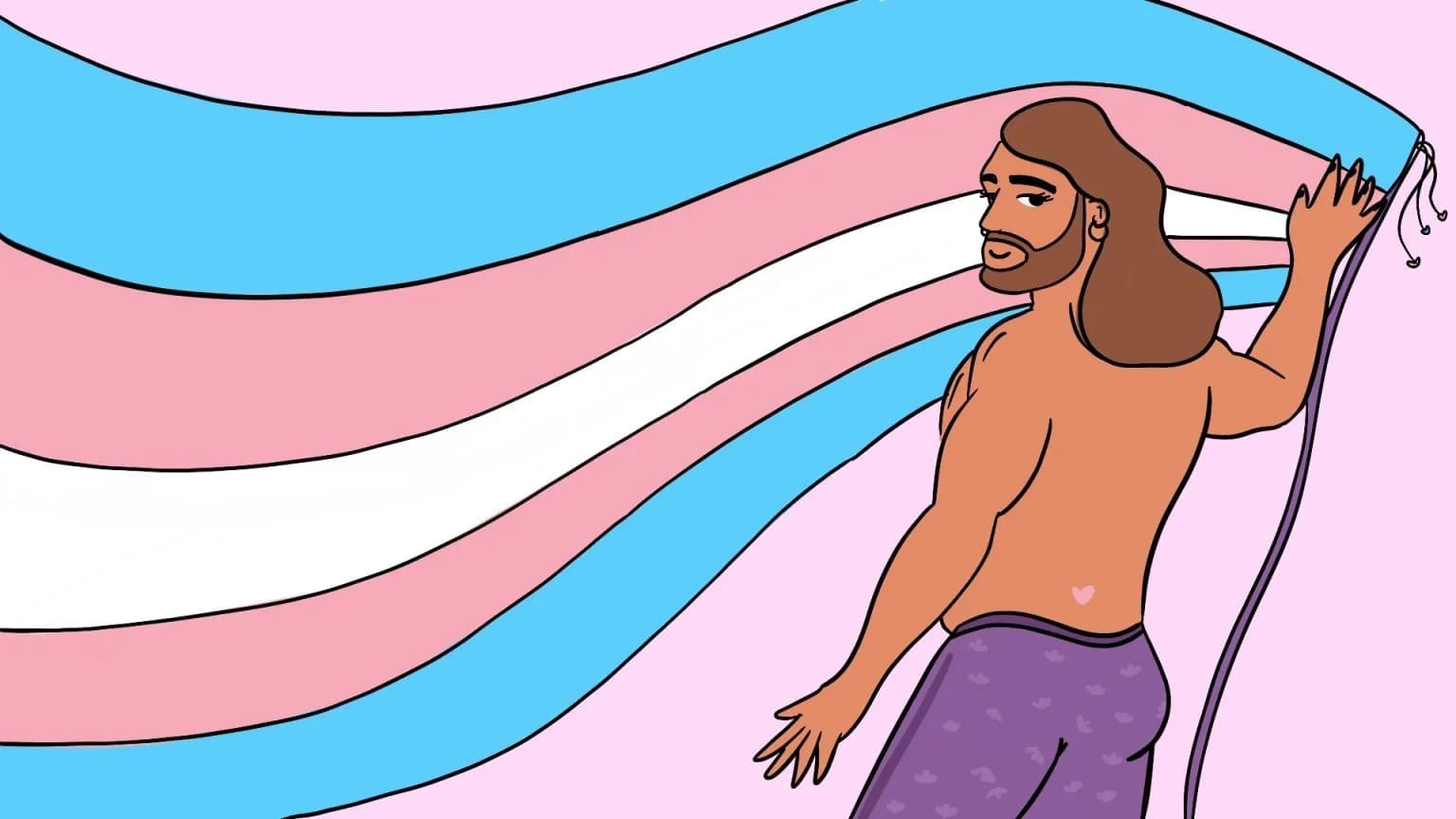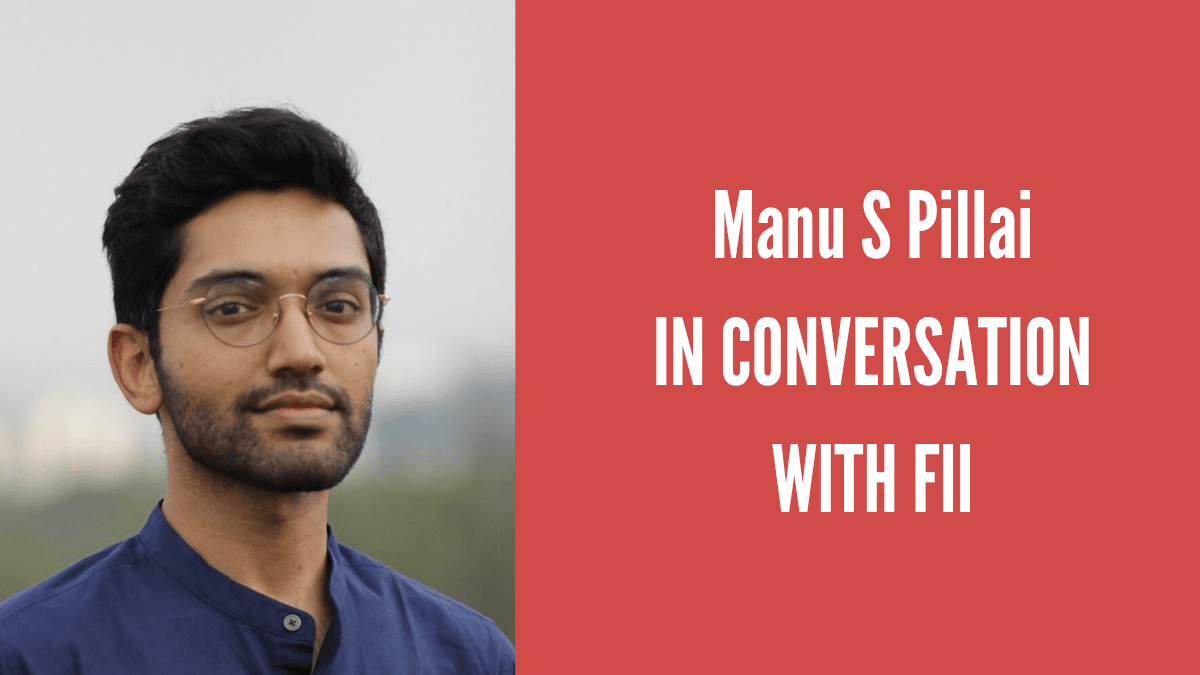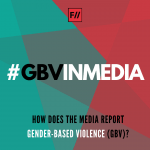 Editor’s Note: This article was written for the #GBVinMedia Campaign, which interrogates mainstream media’s reportage of gender-based violence from an intersectional feminist perspective. Many of these insights are based on the #GBVinMedia toolkit, released by FII as a guide for journalists and media professionals to report gender-based violence sensitively and ethically. If you wish to get in touch regarding this campaign, please email asmita@feminisminindia.com.
Editor’s Note: This article was written for the #GBVinMedia Campaign, which interrogates mainstream media’s reportage of gender-based violence from an intersectional feminist perspective. Many of these insights are based on the #GBVinMedia toolkit, released by FII as a guide for journalists and media professionals to report gender-based violence sensitively and ethically. If you wish to get in touch regarding this campaign, please email asmita@feminisminindia.com.Posted by Pranati Narayan Visweswaran
Sexual harassment and violence can take place anywhere and to anyone, irrespective of gender or sexuality. So far, though, when it comes to the queer community there is usually silence — from the media and even from survivors — on the subject. However, with homosexuality having been decriminalised in India, a space has opened up for a more open and inclusive conversation on sexual violence perpetrated against men (gay or straight) as well as queer and transgender people.
NewsTracker spoke to Pune-based queer activist Bindumadhav Khire about sexual crimes that fall outside the ambit of man-on-woman violence, as well as the media’s portrayal of such incidents. Khire, whose organisation Samapathik Trust has since 2002 has been “providing legal, medical, and social empowerment services to the LGBTHI (Lesbian, Gay, Bisexual, Transgender, Hijra, Intersex) community” in Pune, also told us how the portrayal of rape and sexual violence by the media in general has impacted this community. Here are some excerpts from the interview.
Pranati: I believe the first time you understood that others shared your sexual orientation was through an incident that could be construed as harassment. Could you share more about this?
Bindumadhav Khire: I was in Chennai, sometime around 1991, and had gone to the theatre. A man sat next to me, and I realised that he was expressing sexual interest. It made me feel uncomfortable. Even though I desire men, this kind of unwarranted advance and in a public place would make anyone feel uncomfortable, whether gay or straight. I moved a couple of rows away, and luckily the man did not pursue me. I did not consider filing a case then as I had not come out, and he did not try to harass me further. But even if he had, I doubt I would have had the courage to go to the police.
Pranati: What are the challenges in working with cases concerning sexual violence in the LGBTHI community?
Bindumadhav Khire: The Samapathik Trust does receive a few cases in this area, but unfortunately we have not been able to do much. As an NGO we have limitations. We can try to help victims through contacts and filing cases, but the person has to be willing to file an FIR or approach the police. We found that in almost all of these cases, the person concerned would have liked to do something, but was not willing to due to the criminalisation that came with Section 377.
WHEN IT COMES TO GAY MEN AND TRANSGENDER PEOPLE, MORE THAN SEXUAL VIOLENCE, THE PROBLEM IS THAT THEIR IDENTITY IS EXPLOITED IN ORDER TO EXTORT MONEY
Many [complainants] have faced issues where they have become targets of Section 377, and these people are usually young, and have not come out to their families yet. Despite the fact that we were willing to assist them in going to the police, the victims were unwilling. This means I do not possess a single case of rape who has approached us and gone ahead to file with the police.
Also, it is not just sexual assault that affects the community, but also harassment. But this sexual harassment—such as [verbal] abuse and unwanted touching—has become a way of life, especially for transgenders. The police, and society at large, tell them, “Tum aise ho, log tumhare saath aisa hi bartav karenge (you are like this, so you will be treated this way).”
Pranati: How prevalent would you say sexual violence is in the queer community?
Bindumadhav Khire: When it comes to gay men and transgender people, more than sexual violence, the problem is that their identity is exploited in order to extort money. There have been a number of cases where [gay] dating apps have been used to lure people and extort money from them, especially because in going to the police they run the risk of revealing their identity. There have also been cases where a gay man or transgender person has gone to someone’s house for what they think is consensual sex with one other person, but ends up being forced into having sex with a group of men.
EVEN ONE BREACH OF CONFIDENTIALITY TERRIFIES PEOPLE. THEY SAY, “ISKA NAAM AAYA, TOH MERA BHI AAYEGA” (THIS PERSON’S NAME CAME, THEN MINE WILL ALSO COME)
When it comes to sexual orientation, transgender people and feminine men are more visually identifiable, and therefore probably more prone to sexual violence. But a homosexual man could also molest a straight man. Whatever the sexual orientation of a person, gay or straight, sexual harassment makes people uncomfortable, and affects them. We need to make it clear that no matter the identity of the person, it is the act being committed that is wrong.
Pranati: Where do you get your news from?
Bindumadhav Khire I generally try to seek out as many platforms as possible. I read Marathi newspapers as they have better coverage at the ground level. English newspapers are more inclusive of LGBTHI issues and give a more positive and wider reporting on this front. I get some news through the internet and social media channels like Facebook. I also hear about cases and news relating to the LGBTHI community through a helpline that I run on Mondays from 8pm to 9pm, and email. I also receive news about cases through word-of-mouth from other NGOs that I may be working with, and other people from the community who do not want to get involved with NGOs.
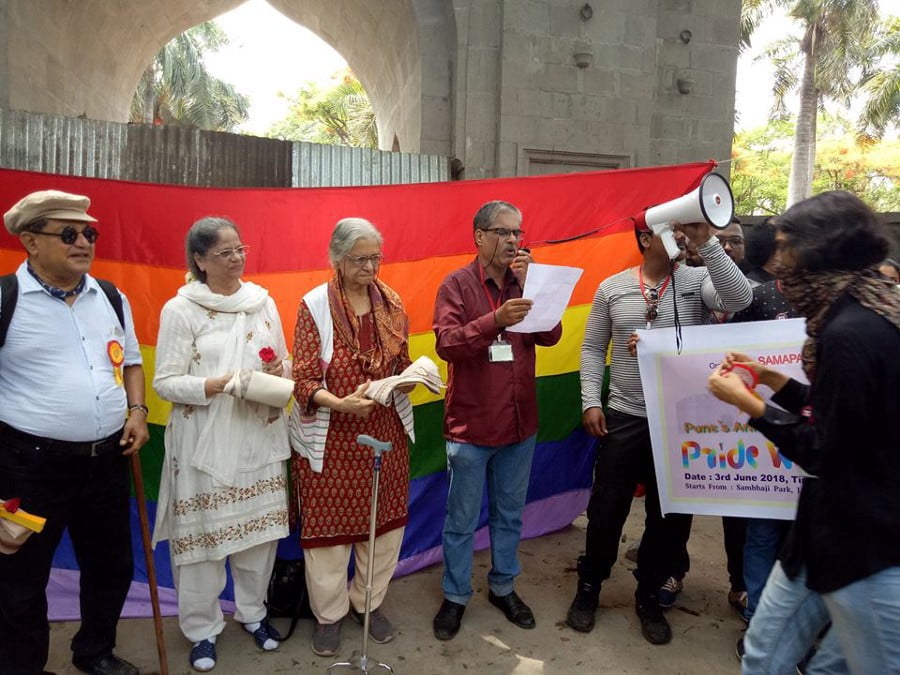
Pranati: What do you think of the news media’s coverage of sexual violence, especially when LGBTHI issues come into play?
Bindumadhav Khire: Sexual violence is a huge problem for not only women, but also the LGBTHI community, but we only see the tip of the iceberg. I am not taking the side of the media, but they are not really to blame in the case of the LGBTHI community. The media has to report based on what has happened, for the media to highlight the issue it can’t come out of grey areas. I have had several instances where media channels have asked for stories, where they have said that the identities of the victims will be protected, but unfortunately people are afraid and refuse. Even if the media is expressing interest in bringing out stories of sexual violence related to the LGBTHI community, they are unable to gain proper statistical data. We can’t do anything until we understand the size of the iceberg.
Having said that, I think the media is doing an okay job, not great, but definitely not bad. They are more or less sensitive enough to understand the issue. When sexual violence cases like the MeToo cases come out, a few other cases come up sporadically as well, and are highlighted for a while, but then die down when the next thing happens. I can’t blame the media because that’s the nature of the game. Efforts need to be made to maintain consistency.
I DON’T THINK THE MEDIA HAS TAKEN THE EFFORT TO HIGHLIGHT THE DIFFERENCE BETWEEN A PAEDOPHILE AND A HOMOSEXUAL MAN
We need to find out why these stories aren’t coming out, and if there is something we can do to protect the individual’s identity. It is such a sensitive and traumatic issue for the victim. Last year in Pune a transgender woman was raped by four men. A complaint was filed, as was Section 377 case against the men. However, Section 377 did not include the protection of transgenders. So, several sections under the Indian Penal Code relating to Section 377 couldn’t be held up in the case. I got in touch with this woman through the journalist who was reporting on the case, but despite my talking to her the victim refused to file an intervention or tell her story as she was disgusted with the way it was handled.
Pranati: Do you think the media tends to sensationalise such cases, or focus on the identity of the person rather than what was done?
Bindumadhav Khire: The biggest issue is maintaining confidentiality and identity. There have been a few journalists who have named the victim, and stuff like that, but it is far better than a few decades ago. The court has taken some stringent actions and notifications. There have been a couple of violations in the past and I’m surprised that the editors didn’t catch it. Even one breach of confidentiality terrifies people. They say, “Iska naam aaya, toh mera bhi aayega” (this person’s name came, then mine will also come). There has been some improvement but this concept of confidentiality seems to be alien in Indian culture.
THE MEDIA CAN HELP… FACILITATE AN UNDERSTANDING OF WHAT CONSTITUTES VIOLENCE OR HARASSMENT. A MAN MAKES A PASS AT ANOTHER MAN — AT WHAT POINT IS IT AN UNWANTED ADVANCE, AND AT WHAT POINT IS IT VIOLENCE?
I do not have evidence of this but I think there could also be a bias towards reporting on sexual violence against women vis-à-vis other genders. Despite the recent court judgments, the general feeling of the people towards the LGBTHI community is not positive or affirmative, so less focus is given to the community. I wouldn’t be surprised if a bias existed, knowing the atmosphere that prevails.
Pranati: What should the media focus on when it comes to these issues?
Bindumadhav Khire: One area is when child sexual violence is covered, especially when boys are molested. I don’t think the media has taken the effort to highlight the difference between a paedophile and a homosexual man. The layman is generally ignorant of sexuality, which means that when a man abuses a small boy then it is automatically assumed that he is a homosexual. Journalists do not seem to make enough of an effort to understand these terms. I’ve seen so many journalists with good intentions, but they use certain terms interchangeably. They must ensure that when they write articles, the homosexual community is not mislabeled as comprising paedophiles. The use of the wrong terms enforces stereotypes and misconceptions.
Another area where the media can help is to facilitate an understanding of what constitutes violence or harassment. A man makes a pass at another man—at what point is it an unwanted advance, and at what point is it violence? Many people who undergo sexual harassment and violence are accustomed to it. It becomes a norm for them. People need to first be able to understand what is happening to them. It must be put across to people that whether they consider it a normal part of their lifestyle or not, it is not so. This is an awareness that is totally lacking, and I haven’t seen in the last 18 years even one instance where this area is made clear. Harassment is wrong, and this must be made clear.
Also read: How Do Newspapers Report Rape Cases In India? | #GBVinMedia
Pranati Narayan Visweswaran is a student, musician, animal lover, and connoisseur of the culinary world.
This article was first published by MAAR, and has been re-published on our website with consent.
Featured Image Source: MAAR
About the author(s)
Media Action Against Rape is a research and capacity building project led by Bournemouth University, UK, and UNESCO, New Delhi. A 20-month academic study, it seeks to offer news media solutions to combat rape culture. MAAR runs NewsTracker, a web site that scrutinises the representation of sexual violence in the Indian news media.
